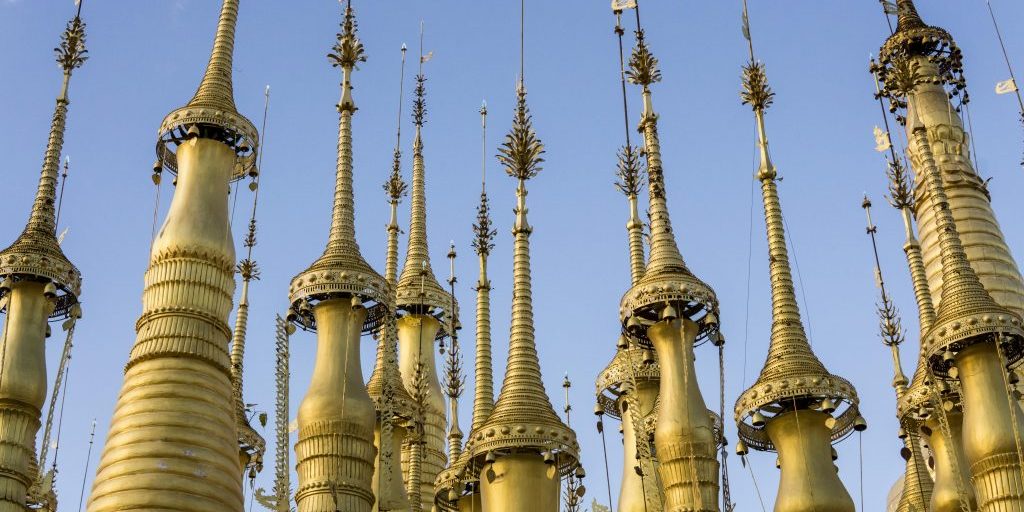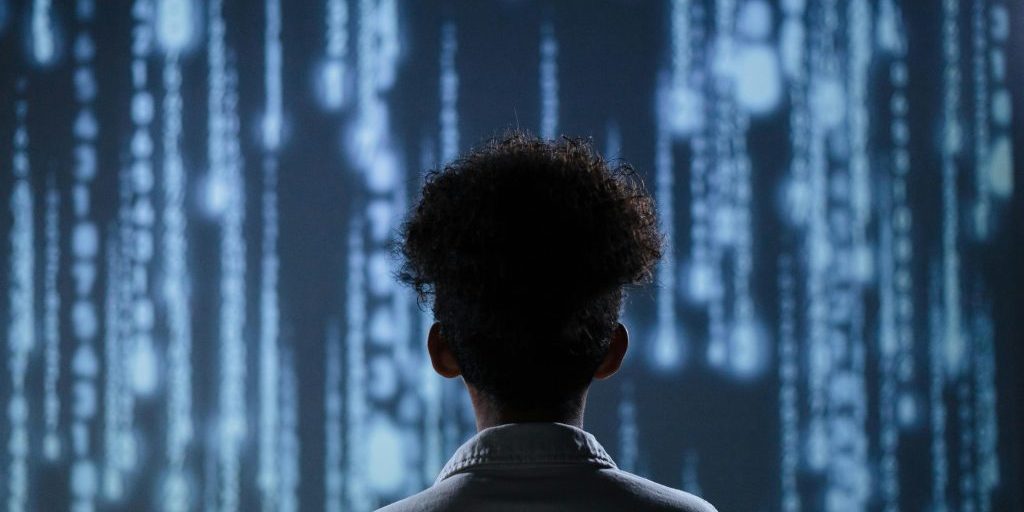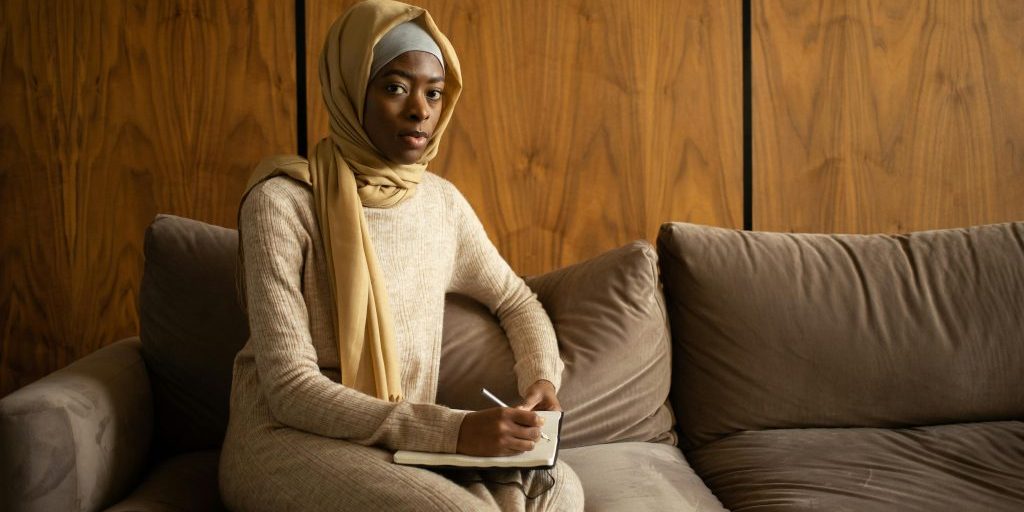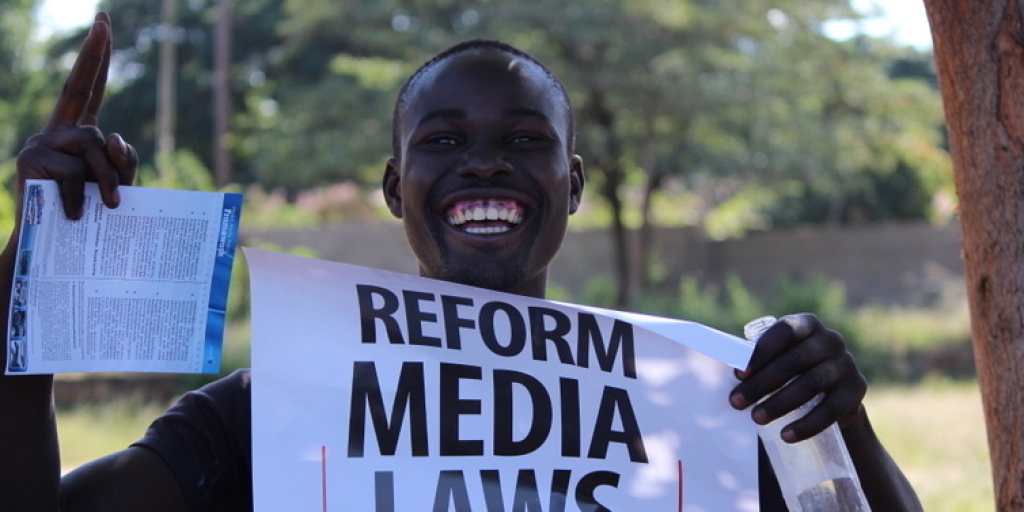Myanmar’s media set up independent council to protect journalists
Tommy Walker from Voice of America (VOA) reported today that ‘a newly formed press council set up by independent Myanmar media is seen by analysts as a positive move that shows the resilience of the country’s press’.
‘The Independent Press Council Myanmar (IPCM) was established at an undisclosed location in neighboring Thailand in December 2023 to promote media freedom and boost protection for journalists reporting in the country.
‘Since a military coup nearly three years ago, the media environment in Myanmar has dramatically declined, with journalists and media outlets targeted with arbitrary arrests.
‘The country ranks as the second-worst jailer of journalists, according to data in a report published in January 2024 by the Committee to Protect Journalists.
‘The IPCM already has 10 central committee members, including an elected chairperson, secretary and treasurer. When finalised, the body will have 15 central committee members who will include media outlet representatives, media experts, media lawyers, freelance and citizen journalists.
‘The conference establishing the council was attended by 77 individuals, including 38 Myanmar media representatives.
‘Nan Paw Gay, editor-in-chief of news outlet Karen Information Center, was elected IPCM chairperson. Local media quoted her telling the conference that such a body is needed because of accusations from military-linked media representatives’ that public-serving media are spreading false news.
Membership in the council is limited to independent media, so no government or political party-affiliated media are allowed to join.
Cedric Alviani, Reporters without Borders director for East Asia, told VOA the establishment of the council is a very positive move.
‘The creation of the IPCM, an organisation with an ethical charter and a democratic governance … demonstrates the incredible resilience of the Burmese journalists in the face of the implacable repression operated [by] the military junta against press freedom and the right to information over the past three years.’
Tin Tin Nyo, managing director at Burma News International, says the IPCM gives power to journalists and boosts information flow.
‘For me, it is more politically important to have the IPCM because … we can promote media freedom more independently and also freedom of expression and the right to information,’ she told VOA.
‘At the same time, [we can] advocate for the rise of the journalists and also the rise of the people to be able to access information freely, so this power is very important,’ she added.
‘Myanmar’s media outlets were some of the first to be targeted by the junta after General Min Aung Hlaing and his troops staged a coup on 1 February 2021, with at least a dozen media outlets having their licences revoked.
‘Since then, hundreds of journalists have been arrested, and 43 remain in prison.
‘Toe Zaw Latt, a senior journalist at the Mizzima news outlet, was appointed general secretary of the council during the December conference. Mizzima was one of the media outlets that had its licence revoked shortly after the coup, leaving journalists like him a target.
‘Zaw Latt said the formation of the council was necessary to represent what the independent Myanmar media is today.
‘ “There is the Myanmar Press Council (MPC) and the SAC (State Administration Council) from the military coup three years ago. Everybody resigned, [and] so Min Aung Hlaing appointed new guys who were ex-army,” he told VOA.
‘ “Our media houses, we started to think about having a proper provisional regulatory body. Early last year, the East Timor press council invited the [military] press council to one of their regional ASEAN meetings. So, we made a lot of noise, saying that they don’t represent our journalists.
‘ “We made a statement with [the] independent media houses and all the big media houses,” he said. “Then they asked the question, If we don’t engage the MPC from the SAC, who do we engage with? That is also another motivation that we started thinking about, to have our own independent press council,” he said.
‘Media outlets that are allowed to legally report in Myanmar must be registered with the military government to operate. But registering for press accreditation means journalists must provide the junta with their personal details, which discourages them for fear of arrest.
‘Unaccredited journalists or reporters targeted by the military — often for alleged fake news or incitement — usually work undercover or report from self-exile in neighboring countries. And journalists say reporting is becoming more challenging amid growing armed opposition to junta rule from backers of the ousted government and ethnic groups.’




